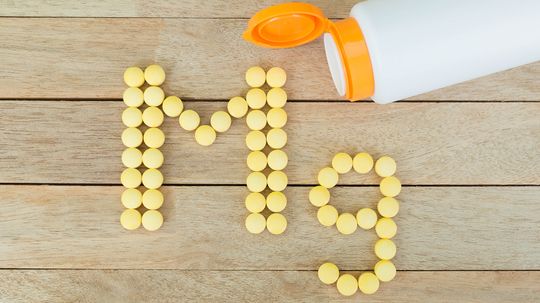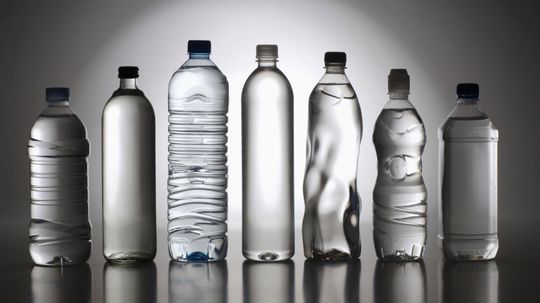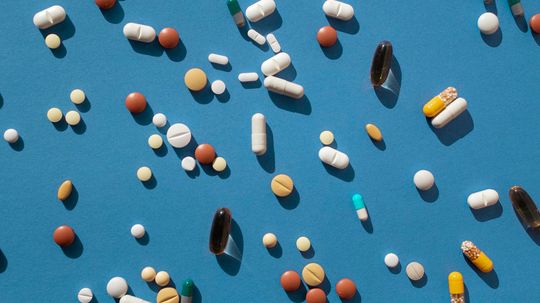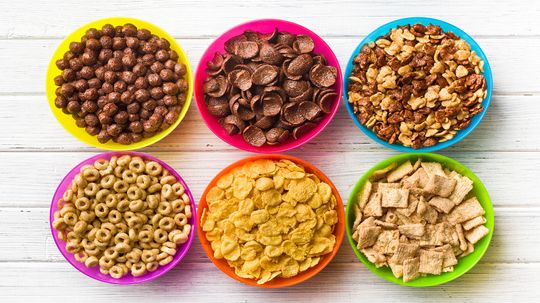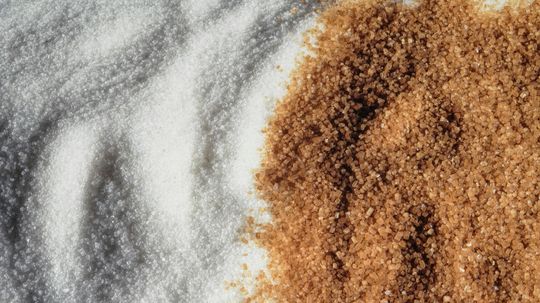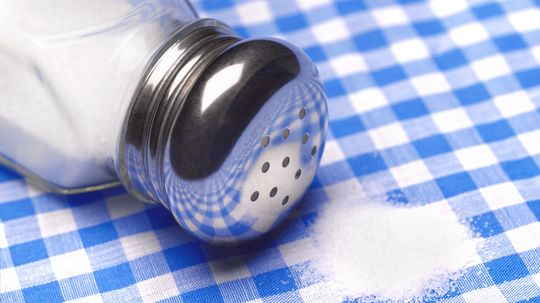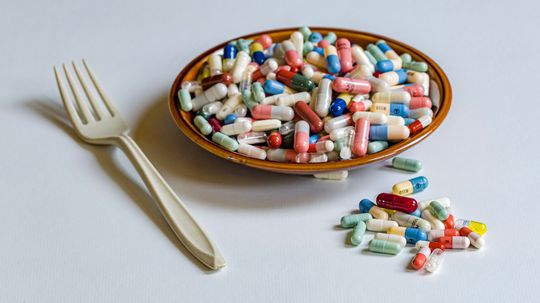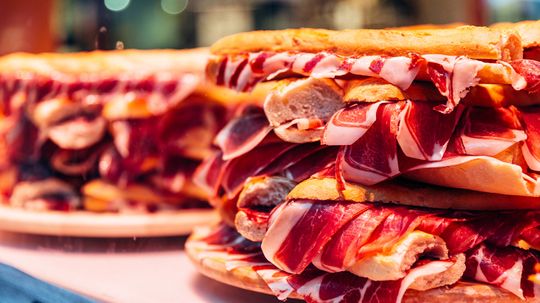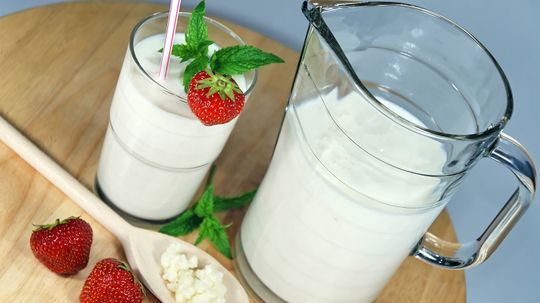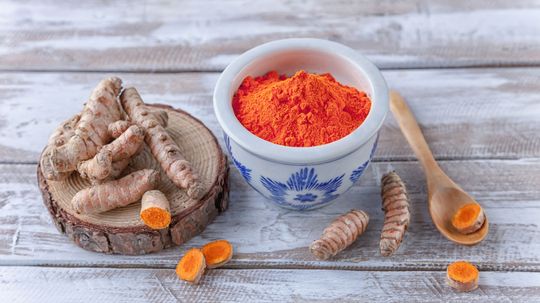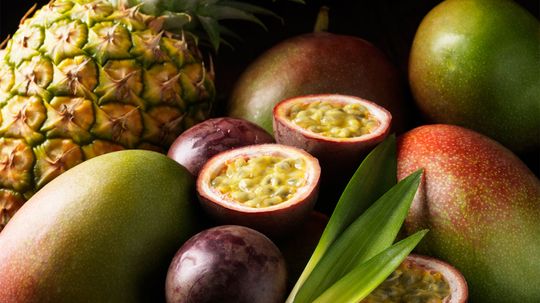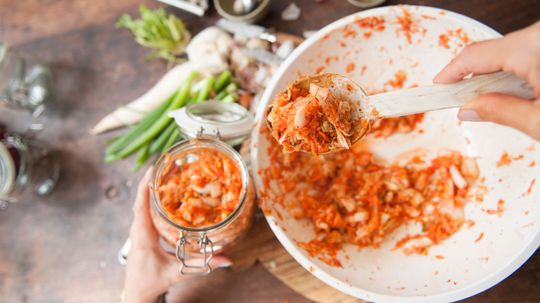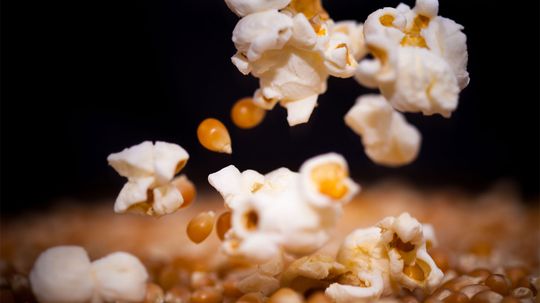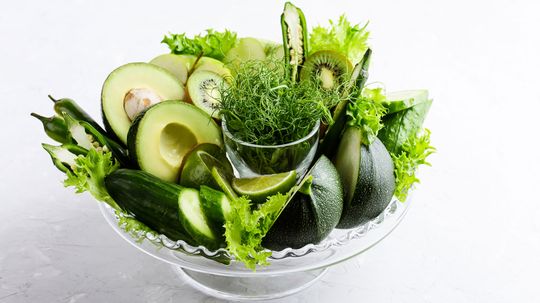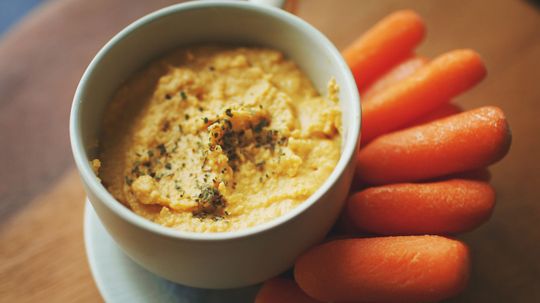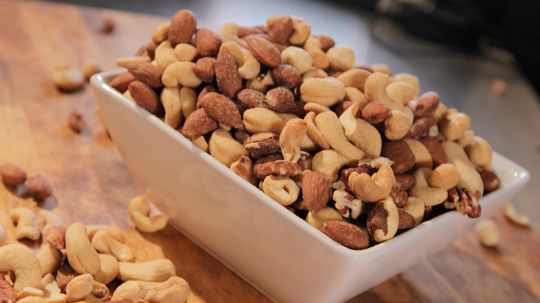Food and Nutrition
Food and nutrition affect both body and mind. Learn about all aspects of food and nutrition, from vitamins to aging to natural foods.
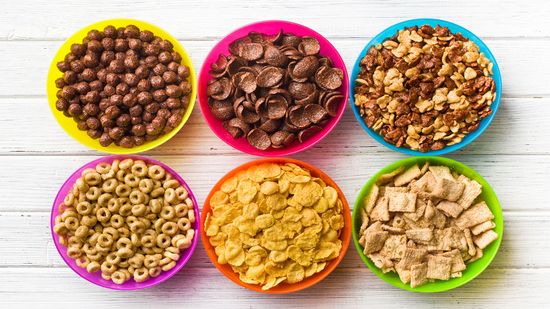
Ultra-processed Foods May Increase Inflammation, Chronic Disease Risk

Top 5 Anti-aging Vitamins

Your Basic Health Maintenance Plan

The Worst Bottled Water Brands Are Basically Filtered Tap Water
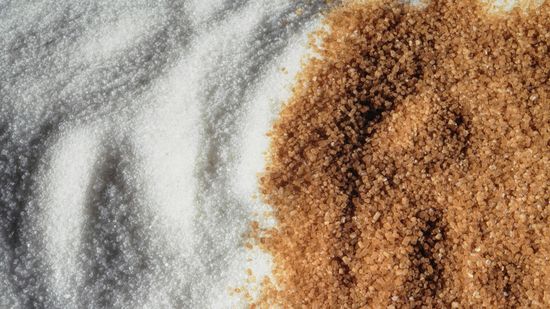
What's the Difference Between White Sugar and Brown Sugar?
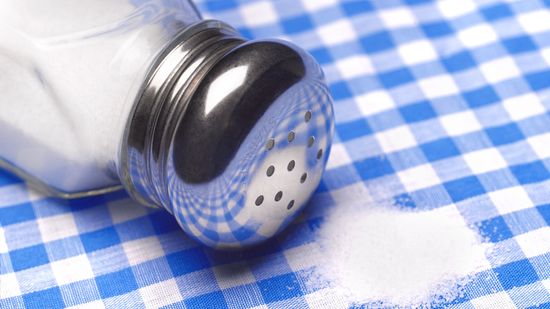
A Simple Salt Swap Could Save Thousands of Lives, Maybe Yours
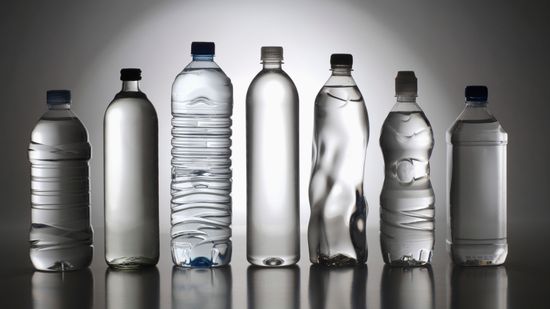
Healthiest Bottled Water: 12 Options Available in Stores

Do You Need Soap to Get Your Dishes Clean?
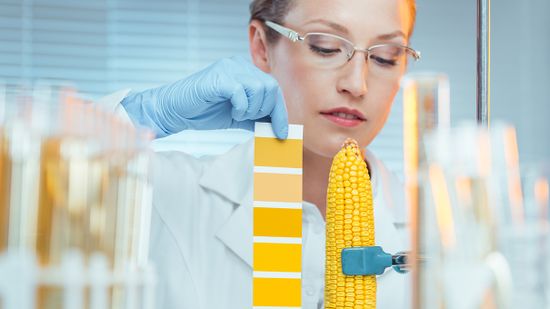
The FDA and America's Frightening Food System

U.S. Workers Get 1,292 Extra Calories per Week From Snacks at Work
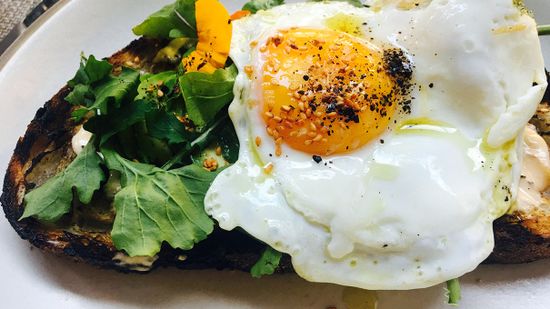
Why a Second Breakfast Can Be Good for Us
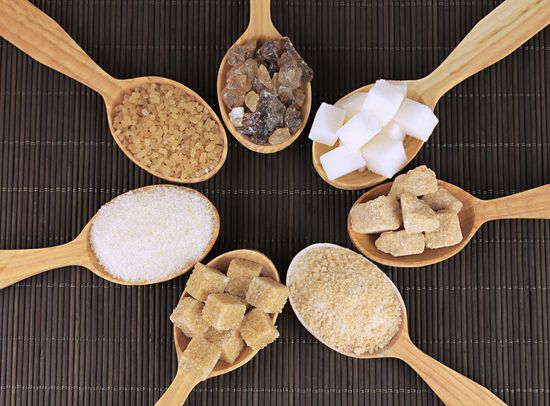
Is brown sugar healthier than white sugar?
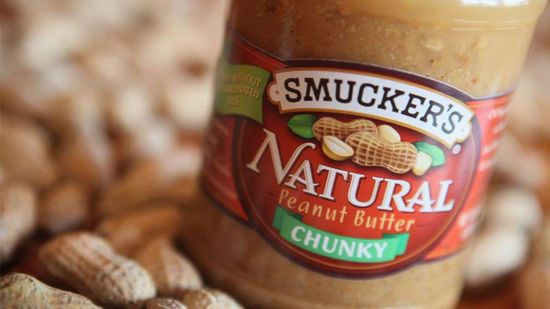
What Makes a Food 'Natural'?
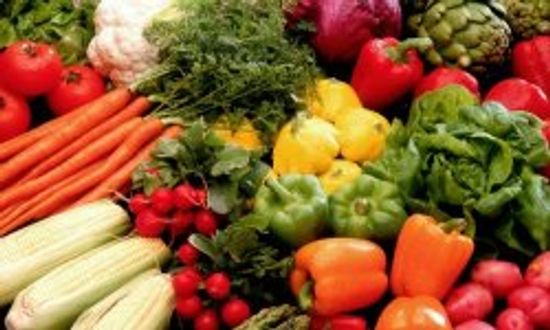
20 Healthiest Foods Pictures
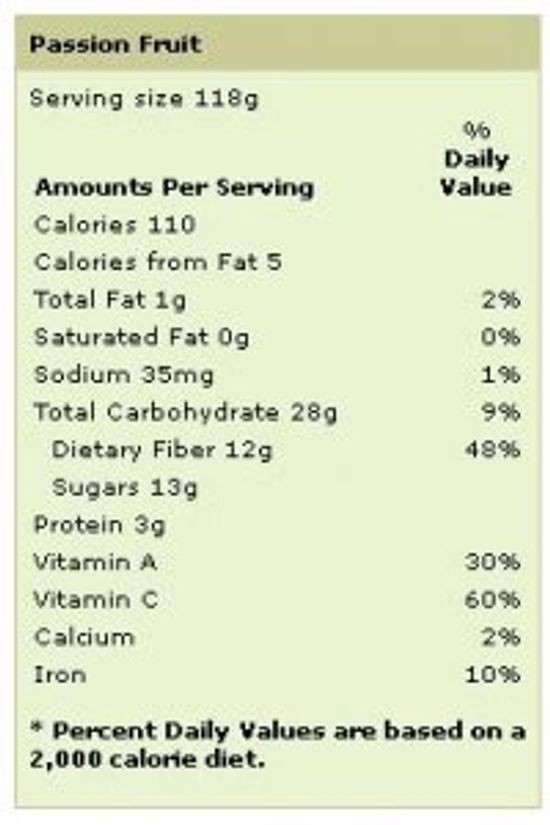
Passionfruit: Natural Food

10 Types of Magnesium Supplements You Should Know
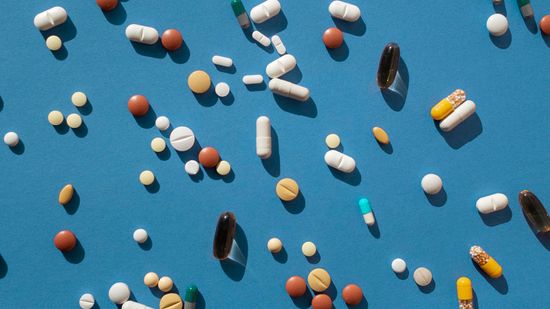
Magnesium Glycinate vs. Citrate Vitamin Supplements
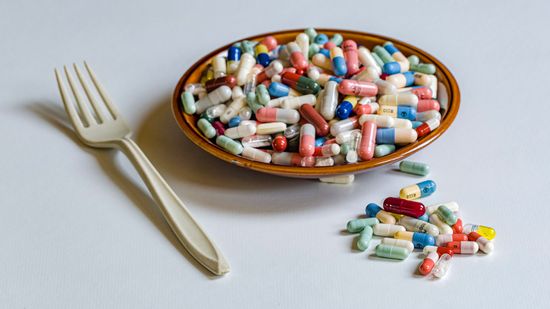
How Religion and Anti-regulatory Bias Birthed a $36 Billion Supplement Industry
Learn More
Bottled water drinkers often assume a bottle automatically means better than tap water.
Magnesium is an essential mineral that plays a crucial role in muscle function, nerve health, energy production, and blood pressure regulation.
With many options available, choosing the healthiest bottled water depends on factors like source, minerals, pH level, and purity.
By Ada Tseng
Advertisement
Magnesium glycinate and magnesium citrate are two similar sounding but distinct chemical compounds that can have differing effects on the human body when consumed orally. Both may also be effective at treating magnesium deficiency.
By Talon Homer
Many of us are well aware that ultra-processed foods are harmful for our health. Two new studies have shown that poor nutrition may not be the only resulting health problem.
White and brown sugar differ a lot more than just on color. And within each type are several different varieties.
A landmark study showed that switching from salt to a salt substitute could lower the risk of strokes, heart disease and premature death.
By Alia Hoyt
Advertisement
Supplements promise the moon - lose weight, end depression, stop smoking, sleep better, get young again! The supplement industry grew to massive proportions by offering up perfection in a pill.
Nitrates are found not only in processed meats, but also naturally occur in green vegetables as well. So, are they dangerous?
By Alia Hoyt
Everybody knows that carrots are good for you, but what happens if you eat too many of them?
It's something we hear or read a lot: Certain foods can help your immune system. But what does that really mean? And is there any science behind it?
Advertisement
Kefir is a fermented milk drink similar to a thin yogurt, said to be full of good gut bacteria and capable of lowering blood sugar and bad cholesterol. Sounds great, but does the hype match the reality?
Some foods have been linked with making the body less inflamed. But what is inflammation anyway and how can food make it better?
By Alia Hoyt
When you're grabbing something to go with your coffee in the morning, which of these three baked treats will do the least damage to your health?
By Alia Hoyt
We all know we should eat more fruit, but you may want to limit your intake of these six.
By Alia Hoyt
Advertisement
Kimchi has a reputation for being a healthy dish, thanks to the vegetables, spices and fermentation process that promotes healthy bacteria. But are there any drawbacks?
By Alia Hoyt
Did you really want that protein bar or do you just think it's better for you than a cookie? Maybe it is, maybe it isn't.
By Alia Hoyt
Microgreens are all the rage now and many people swear that they're tastier and healthier than the bigger vegetables. But what does the science say?
By Alia Hoyt
Advertisement
Put down the donuts! Free food on the job can be hazardous to your health.
Hummus is a chickpea dip that has surged in popularity in the U.S. over the past decade. It sure seems healthy but is it really?
By Alia Hoyt
A slew of new research suggests eating more nuts is not just good for your heart, but it's also good for your waistline.
Advertisement
We spend millions on dishwashing detergents every year, but how necessary is soap to the cleanliness of our dishes?
By Carrie Tatro
A worldwide study found that although most people consumed more salt than was recommended, it wasn't enough to do damage to their heart health. And there wasn't much of a link between sodium consumption and heart attacks.
By Alia Hoyt

